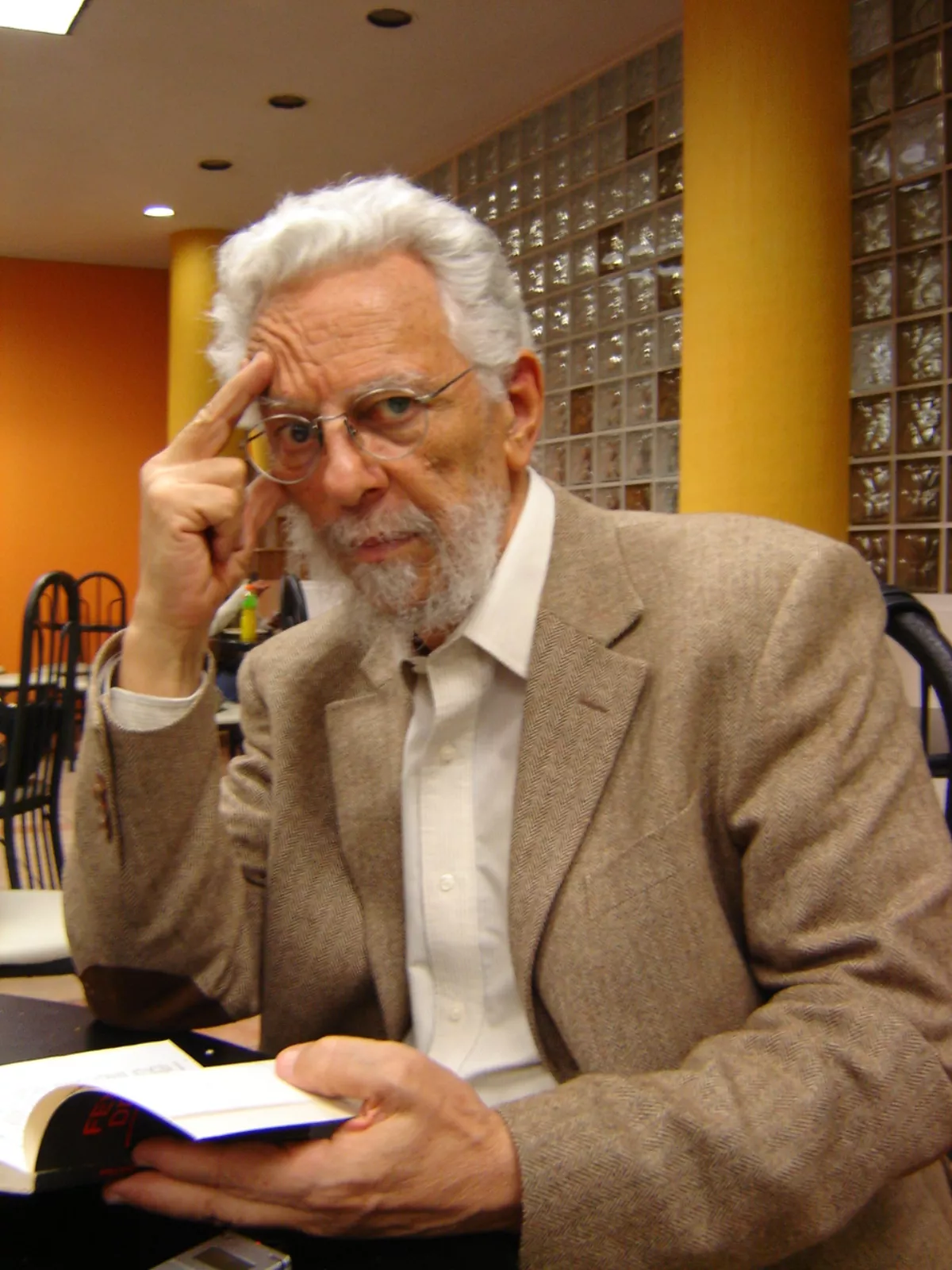 1.
1. Enrique Domingo Dussel Ambrosini was an Argentine-Mexican academic, philosopher, historian and theologian.

 1.
1. Enrique Domingo Dussel Ambrosini was an Argentine-Mexican academic, philosopher, historian and theologian.
Enrique Dussel served as the interim rector of the Universidad Autonoma de la Ciudad de Mexico from 2013 to 2014.
Enrique Dussel was born on 24 December 1934 in La Paz, Mendoza.
Enrique Dussel studied at the Universidad Nacional de Cuyo in Mendoza from 1953 to 1957, receiving an undergraduate degree in philosophy, after which he travelled to Europe to continue his studies.
Enrique Dussel then received a doctorate from the Complutense University of Madrid, a doctorate in history from the Sorbonne in Paris, and an undergraduate degree in theology obtained through studies in Paris and Munster.
Enrique Dussel returned to Argentina in 1969 and became influenced by dependency theory and the writings of Emmanuel Levinas, both of which were to become major influences on his thinking.
Enrique Dussel escaped to Mexico in 1975 as a political exile, where he continued his work as a professor of philosophy at the Iztapalapa campus of the Universidad Autonoma Metropolitana and in a teaching position at the Universidad Nacional Autonoma de Mexico.
Enrique Dussel received an honorary doctorate from the University of Fribourg in 1981, the University of San Andres in 1995, the University of Buenos Aires in 2012, the Universidad Santo Tomas in 2015, the National University of San Martin in 2015, and the University of Chile in 2017.
Enrique Dussel maintained dialogue with philosophers such as Karl-Otto Apel, Gianni Vattimo, Jurgen Habermas, Richard Rorty and Emmanuel Levinas Author of more than 50 books, his thoughts cover many themes including: theology, politics, philosophy, ethics, political philosophy, aesthetics, and ontology.
Enrique Dussel is one of the primary figures along with others such as Rodolfo Kusch, Arturo Roig, and Leopoldo Zea, in the philosophical movement referred to as the Philosophy of Liberation.
Enrique Dussel's analysis focused on the criteria of material and formal content, as well as feasibility.
Enrique Dussel is concerned primarily with history, particularly in constructing a sense of the history of Latin America, and a sense of participation in a historical process towards liberation.
Enrique Dussel's account reaches back to human origins, and includes topics ranging from Aztec and Inca belief systems and worldviews to the origins of Christianity, to the Byzantine Empire, to the role of the church in Spanish conquest.
Enrique Dussel explores the compatibility of socialism with Christian doctrine, and the possibility of a uniquely Latin American socialism.
Enrique Dussel explores through exegesis the Christian obligation to overcome the sin of oppression through commitment to selfless action towards the goal of historical liberation.